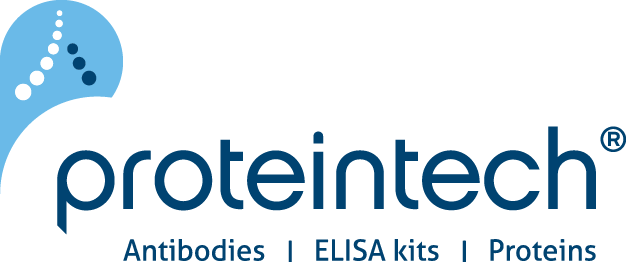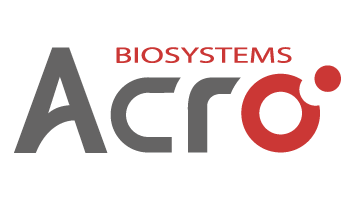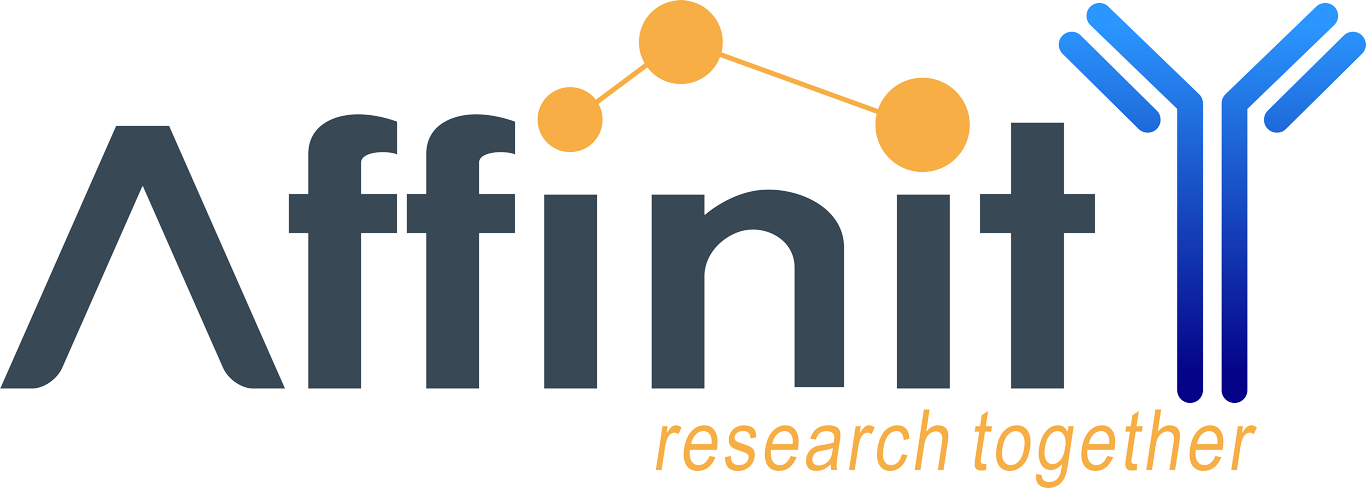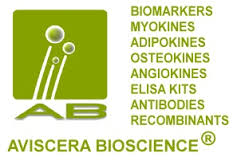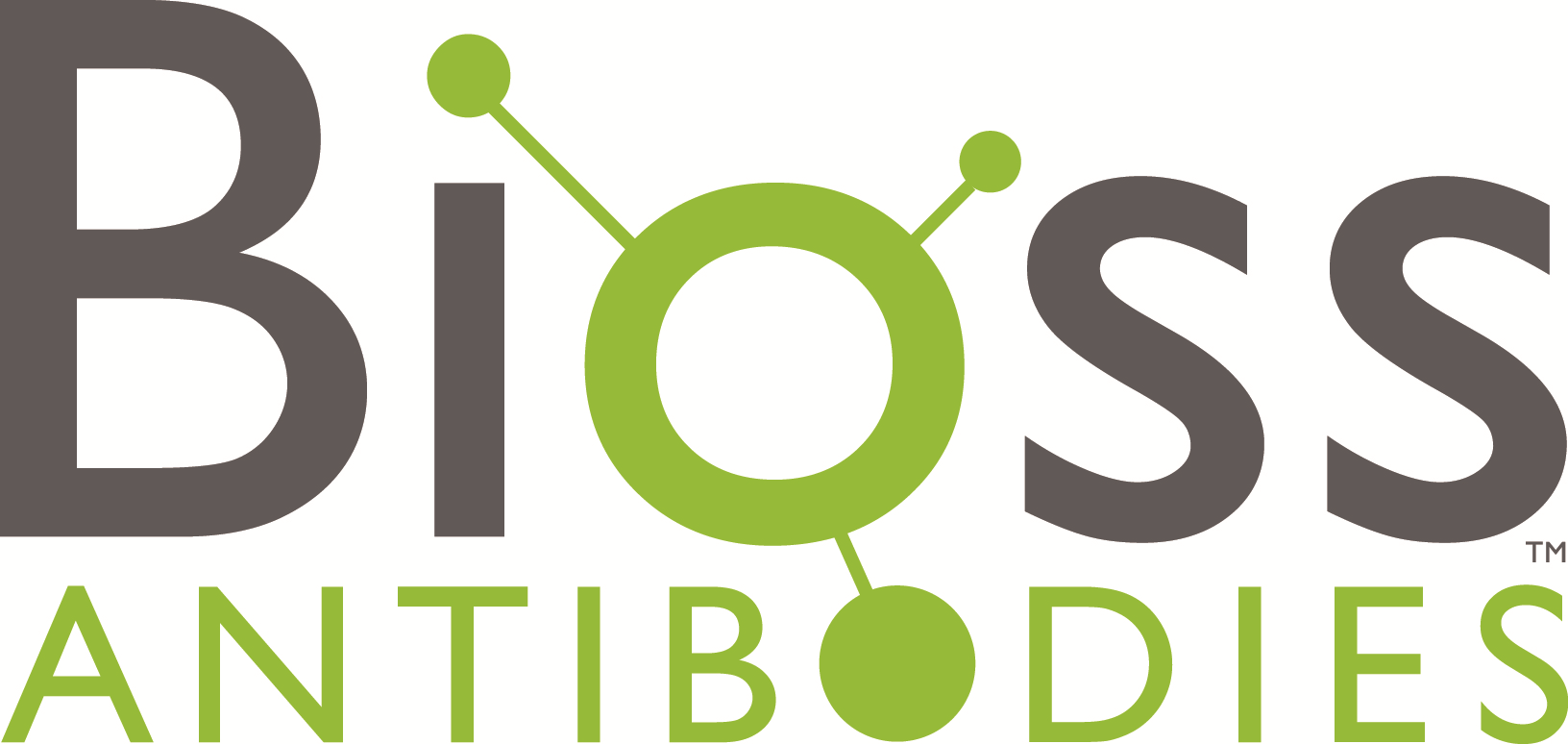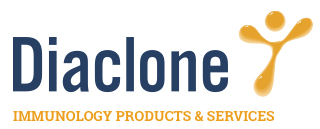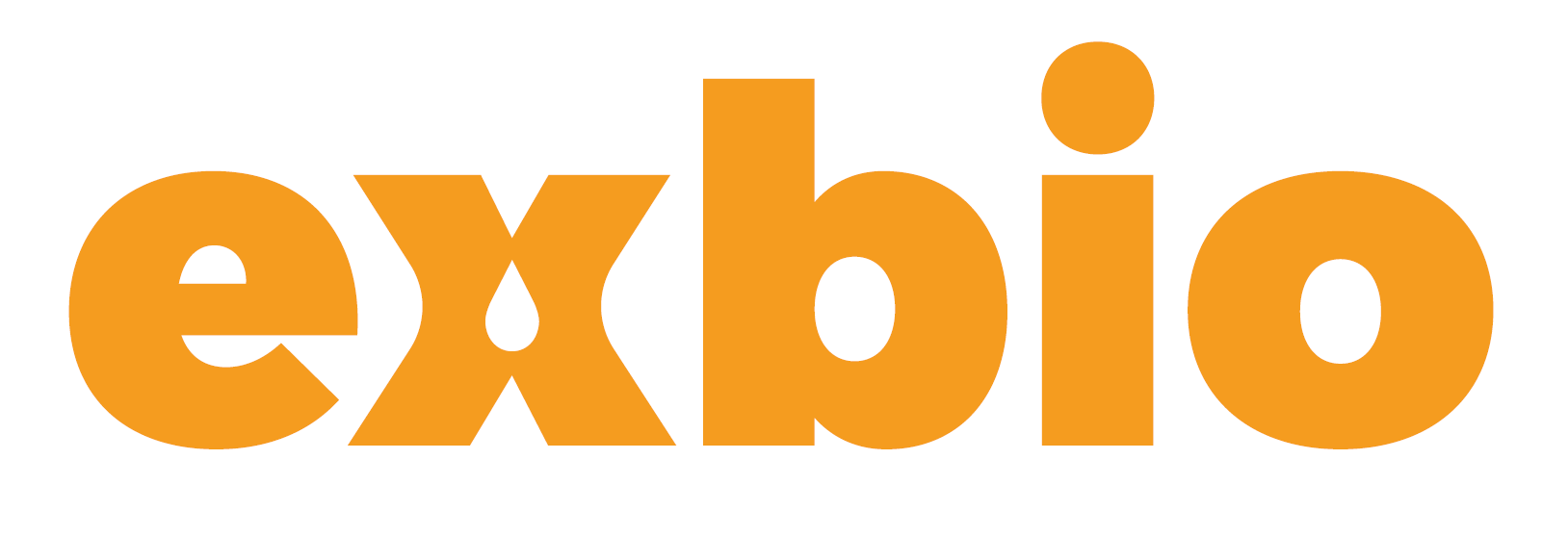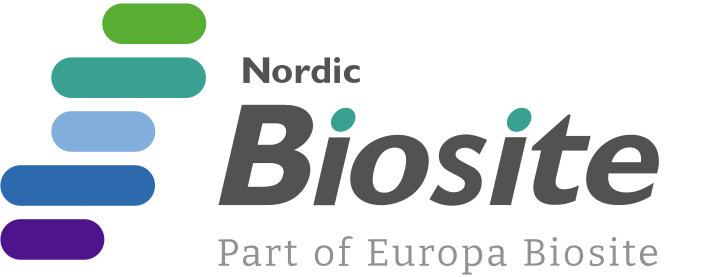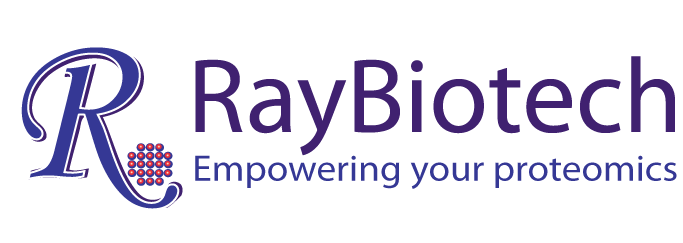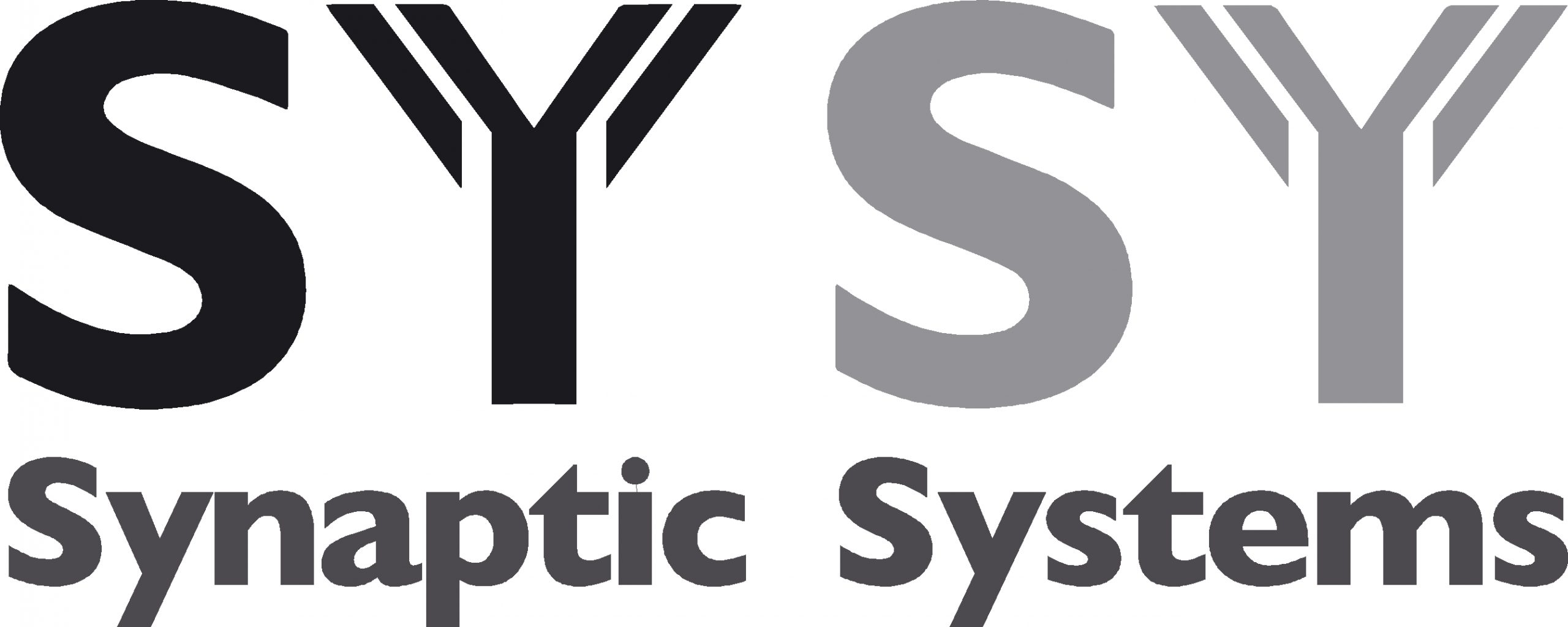Antibodies
Antibodies
We offer the most comprehensive selection of monoclonal and polyclonal primary antibodies for academic and industrial researchers, but also clinical purposes (CE-IVD). We offer a big selection of primary antibodies raised in several species (rabbit, mouse, rat, goat, donkey, …) – even directly conjugated to fluorescent dyes (DyLight, FITC, Cy dyes,…), HRP, AP or biotin. Regardless the field of research you are working in our primary antibodies will support your experiments with well-characterized and consistent performance.
Our range of secondary antibodies has been carefully selected to provide optimum quality and flexibility. We offer a variety of purified conjugated (HRP, biotin, FITC, AP, DyLight and other dyes,…) or unconjugated secondary antibodies that can be used for fluorescent, colorimetric, and chemiluminescent detection of a primary antibody in a wide range of applications including Western Blotting, ELISA, immunofluorescence, immunohistochemistry, immunocytochemistry and flow cytometry.
For most secondaries, we offer a choice of whole IgG molecules, various isotypes, or F(ab’)2 fragments. We also offer the most comprehensive selection of secondary antibodies with respect to the species of origin (human, mice, goats, rats, rabbits, sheep, chickens, horses, guinea pigs and more).
Please contact our support team with any inquiries about our products. Our team is ready to help with finding a suitable antibody, experimental design or troubleshooting.
Guarantee
If you have an issue with any of our products, we can help you in two ways: PhD-level technical support and individual guarantee programs are both available. Our focus is to make your life as easy as possible.
Trial Sizes, Free Samples
As there are always special offers from our suppliers just contact us for more information on small “test” sizes or even free samples.
Custom Production
We can provide you with a bespoke project that fits your individual needs. Our team invests time and effort in your project: from when we advise on the project design until the final bleed is delivered and we help with optimization.
Moreover, a lot of our antibodies are available in small scale but also and bulk quantities.
Replace Santa Cruz Antibodies
Many Santa Cruz polyclonal antibodies were discontinued on December 31 2016. Avoid delays in your research by using our knowledge where and how to replace Santa Cruz antibodies e.g. with the most popular alternatives from Proteintech (Replacement list (PDF)).
Discontinued or Unsatisfying Antibody?
Having trouble searching for a discontinued antibody? Not happy with the antibody you’re using? Avoid delays in your research. Find an alternative to any major antibody supplier by using our knowledge in antibody suppliers.
Optibodies™ – Antibodies for IHC
Optibodies™ are a range of optimized antibodies for markers which are clinically and diagnostically important. Research frequently necessitates a range of antibodies tailored to the specific needs of each individual project. In clinical perspective, antibodies must be specific with high affinity towards their epitopes, flexible to use, good LOT consistency and reliable. Optibody™ antibodies are carefully validated and fine-tuned with the needs of today’s clinical IHC laboratory. Optibodies™ are validated and optimized using NordiQC (Nordic immunohistochemical Quality Control) recommendations of control tissues and criteria.
ChIP Validated Antibodies
Chromatin immunoprecipitation (chromatin IP or ChIP) is an extremely challenging technique, and only antibodies of the highest quality will do. For an antibody to work in chromatin IP, it must be of high titer and it must be very specific, with no detection of non-target proteins. Most importantly, it must be able to recognize the target protein in its native chromatin-associated context after fixation. Active Motif specializes in manufacturing high-quality antibodies to histones, histone modifications and chromatin proteins and validating them for use in ChIP, as well as ChIP-Seq & ChIP-chip. In addition, their Epigenetic Services team offers ChIP Antibody Validation Services in which they will determine if your antibody is suitable for use in ChIP, ChIP-Seq or ChIP-chip.
To help make your ChIP even more successful, Active Motif offers its complete line of ChIP-IT® Express Kits for performing Chromatin IP, high-throughput ChIP, sequential ChIP and even RNA ChIP.

Mag. Simon Brandstetter
+43 664 968 29 65
s.brandstetter@thp.at
-
Primary Antibodies
-
A primary antibody is an immunoglobulin that binds specifically to a particular epitope of a protein or molecule of interest within a sample. Any binding interaction between a primary antibody and the protein of interest is detected using a secondary antibody which will bind to the primary antibody, and thus the protein. Polyclonal antibodies are able to recognize multiple epitopes on an antigen, making them more tolerant of minor changes in the antigen sequence or epitope (e.g. due to retrieval methods). Monoclonal antibodies are made to be specific to a single epitope and can provide a stable long term supply when produced by hybridomas in vitro.
Primary antibodies are predominantly used in immunoassays such as ELISA, western blot, immunohistochemistry, immunocytochemistry, immunostainings, chromatin immunoprecipitation (ChIP), shift assays or flow cytometry. For antigen detection, primary antibodies can be conjugated to reporter enzymes or fluorophores, which facilitates quantification or analysis of antigen expression. Conjugated primary antibodies often eliminate the need for secondary antibodies; however certain experimental conditions may require their use.
During the recent years several companies have made it their goal to raise validation standards and validate their antibody catalog with siRNA knockdown to ensure its antibodies are specific to a given target. E.g. Proteintech are working through validating their whole catalog of 12,000 antibodies with siRNA Knockdown.
-
Secondary Antibodies
-
Secondary antibodies are of a purified primary antibody, and are often conjugated for antigen detection purposes. In addition, they are developed against the host species of the primary antibody, such that a primary antibody raised in goat will require an anti-goat secondary antibody raised in a species other than goat.
In many biological assays, the target antigen is visualized indirectly. That is, the secondary antibody – developed against the Fc portion of another antibody – bound to the primary antibody, produces the signal. Since many secondary antibodies can bind to one primary antibody, the result is signal amplification and increased sensitivity. In addition, they are developed against the host species of the primary antibody, such that a primary antibody raised in goat will require an anti-goat secondary antibody raised in a species other than goat.
Secondary antibodies conjugated to enzymes and labels are key components of detection systems – selection of an optimum secondary antibody can improve staining and reduce false positive or negative staining. The choice of the appropriate secondary antibody is determined by the specifications (i.e. species, subclass, and fragment type) of the primary antibody and the application.There are a number of reasons why you may need to use a secondary antibody, including:
- If there is no conjugated primary antibody available.
- Your primary antibody isn’t conjugated to the required fluorochrome/enzyme.
- You need to increase the sensitivity of your staining procedure.
For most secondaries, we offer a choice of monoclonal or polyclonal antibodies suitable to meet these needs, including whole IgG molecules, or F(ab’)2 fragments. We also offer the most comprehensive selection of secondary antibodies with respect to the species of origin (human, mice, goats, rats, rabbits, sheep, chickens, horses, guinea pigs and more).
-
Loading Control Antibodies
-
Encoded by constitutively expressed housekeeping genes, ‚loading control proteins‘ provide ideal use as a reference to evaluate the changes in expression levels of target proteins. For example, ‚loading control antibodies‘ are often used in Western blots to correct sample loading errors and assist with protein quantification to ensure the accuracy and reliability of the results. We offer a range of common „loading control antibodies“, including anti-GAPDH, anti-β-Actin and anti-α, β-Tubulin.
-
Isotype Controls
-
Usually there is some level of non-specific background signal caused by immunoglobulins binding non-specifically to Fc receptors present on the cell surface, based upon the tissue type of the sample. Isotype controls are used as negative controls to help distinguish nonspecific background signal from specific antibody signal.
Isotype controls are non-reactive primary antibodies that lack specificity to a target, however they match the class and type of the primary antibody being used. When selecting an isotype control you should match the antibody’s host species and class. If using a primary conjugated antibody, it is important to use the same conjugation for the isotype control.
A proper isotype control will meet the following three criteria:- It will be of the same host species as the primary antibody for which it is a control.
- It will be conjugated to the same fluorochrome as the primary antibody for which it is a control.
- It will be used at the same concentration as the primary antibody for which it is a control.
For example, antibodies raised in mice, particularly those of the IgG2a isotype, will bind strongly to some human leukocytes regardless of the test antibody specificity. In this case you would need a mouse IgG2a isotype control for use with human cells or tissues.
Isotype controls are most commonly used in flow cytometry experiments, but may also be used in immunohistochemistry. -
Epitope Tag Antibodies
-
One of the key features of recombinant technology is that it provides an elegant way to fuse a recombinant protein with a protein/peptide tag, a choice that pivots on the role that is expected of the tag. For example, an epitope tag can aid the solubilization and cellular localization for the fusion recombinant protein and/or greatly simplify the process of purification through the use of tag-specific antibodies.
The use of epitope tags in recombinant DNA techniques allows the detection of proteins where specific antibodies are not available. This eliminates the need to generate a new antibody for each protein saving time, resources and money.
We offer an extensive range of high performance great value epitope tag antibodies and reporter protein antibodies. Our range of tag antibodies include V5 antibodies, His-6 (6-Histidine) antibodies, c-myc antibodies, HA tag (hemagglutinin) antibodies, GST (glutathione-S-transferase) tag antibodies, and FLAG tag (DYKDDDDK) monoclonal antibodies; for even better economy these popular antibodies are available in bulk. -
Optibodies™ - When Good Is Not Enough!
-
Optibodies™ ist the brand name for a range of optimized antibodies for markers which are clinically and diagnostically important. Research frequently necessitates a range of antibodies tailored to the specific needs of each individual project. As such, there is no one specific protocol for IHC that can be used regularly. In clinical perspective, antibodies must be specific with high affinity towards their epitopes, flexible to use, good LOT consistency and reliable. Optibody antibodies are carefully validated and fine-tuned with the needs of today’s clinical IHC laboratory. Optibodies™ are validated and optimized using NordiQC (Nordic immunohistochemical Quality Control) recommendations of control tissues and criteria.
NordiQC is the independent scientific organization that promotes the quality and standardization of immunohistochemistry by arranging schemes for pathology laboratories, assessing tissue-based assays, giving guidelines for improvement and providing optimal protocols. Immunohistochemical protocols with Optibodies™ have again been awarded excellent results in NordiQC schemes. We would like to promote the standardization and quality of immunohistochemistry of our laboratory with Optibodies™, which fulfill the optimal staining criteria of immunohistochemistry according to the NordiQC assessments. The latest series of Nordic Immunohistochemical Quality Control (NordiQC) schemes have led to the optimal result with the following Optibodies™:
Cat.No.
Antibody
Clone
NordiQC run
BSH-7124-1 Cytokeratin PAN BS5 Run 41 & 47 BSH-7385-1 Synaptophysin BS15 Run 43 BSH-2002-1 Napsin A BS10 Run 44 BSH-7959-1 SOX10 BS7 Run 45 BSH-7402-1 EpCAM BS14 Run 45 BSH-2008-1 CD34 BS72 Run 46 BSH-7123-1 CK5 BS42 Run 46 BSH-2000-1 CK20 BS101 Run 47 NordiQC Run 41 and run 47 provided an optimal result for CKpan (Clone BS5) as a broad-spectrum cytokeratin antibody optimized for carcinoma diagnostics, offering strong intensity with no background and unspecific label. There was also an optimal result in NordiQC Run 43 for Synaptophysin (Clone BS15). In neuroendrocrine tumor and control tissue of appendix (neuronal cells in muscularis propria of appendix), specific staining with strong and intensive label was shown. Also goblet cells in crypts of appendix epithelia also stained with great intensity. Run 44 showed a similar result for Napsin A (Clone BS10), which is used as a differential marker of the lung adenocarcinoma vs. squamous cell carcinoma. This Optibody offered excellent staining specificity and intensity.
Run 45 announced good news about Optibodies™. Two Optibodies received optimal results in assessments: Ep-CAM (BS14) and SOX10 (BS7). High-quality performance of EpCAM was proofed with different staining platforms. Great advantage is the alkaline antigen retrieval, which offers optimal staining pattern without special antigen retrieval buffers. Try and compare with your reference antibody! SOX10 is a great addition for melanoma diagnostics, and it is an effective marker of desmoplastic and spindle cell melanoma. SOX10 (BS7) was evaluated as optimal, and the staining intensity is strong without noise. See images below. Optibodies™ showed great diagnostical potential and value in run 46. Optibodies got again two optimal results with CD34 (BS72) and CK5 (BS42). Cytokeratin 20 (BS101) archived optimal result in assessment 47. Try our Optibodies™ and make a comparison test to enhance your quality of immunohistochemistry.
